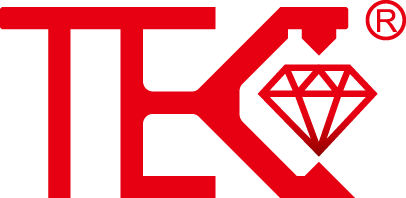How to achieve cloud data synchronization with magnetostrictive level gauges?
In today's data-driven industrial landscape, achieving seamless cloud data synchronization with magnetostrictive level gauges represents a significant leap forward in operational intelligence. This integration transforms traditional tank monitoring into a dynamic, data-rich process that delivers unprecedented visibility and control over liquid assets.
Understanding Magnetostrictive Level Gauge Technology
Magnetostrictive level gauges operate on a sophisticated principle where a current pulse sent down a waveguide wire interacts with a magnetic float. The resulting torsional strain wave is precisely timed to determine the float's position with exceptional accuracy. This fundamental technology provides the reliable, high-precision measurements necessary for effective cloud synchronization, forming the foundation for digital transformation in industrial tank monitoring applications across various sectors.
The Critical Need for Cloud Integration in Level Monitoring
Modern industrial operations demand real-time access to critical data from anywhere, at any time. Cloud integration addresses this need by enabling continuous monitoring of tank levels, facilitating predictive maintenance, and supporting data-driven decision-making. The synchronization of magnetostrictive gauge data with cloud platforms eliminates manual data collection errors, provides historical trend analysis, and ensures regulatory compliance through comprehensive audit trails that meet industry standards.
Essential Components for Successful Data Synchronization
Implementing cloud data synchronization requires several key components working in harmony. A robust magnetostrictive level sensor forms the measurement foundation, while appropriate signal conditioning hardware ensures data integrity. Wireless transmitters or IoT gateways facilitate data transmission, and cloud-based software platforms provide the necessary infrastructure for data storage, visualization, and analysis, creating a complete ecosystem for industrial intelligence.
Step-by-Step Implementation Guide
Begin your cloud synchronization journey by selecting magnetostrictive gauges with appropriate communication protocols like 4-20mA HART, Modbus, or wireless options. Install reliable data acquisition hardware that can interface with your existing infrastructure. Establish secure network connectivity through industrial-grade routers or cellular modems, then configure your cloud platform to receive, process, and visualize the incoming data streams with proper authentication and encryption protocols.
Overcoming Common Integration Challenges
While implementing cloud synchronization, organizations often face challenges including network reliability issues, data security concerns, and protocol compatibility problems. These can be mitigated through redundant communication pathways, industrial-grade cybersecurity measures, and protocol converters when necessary. Proper planning for power management and environmental factors ensures continuous operation, while comprehensive staff training guarantees smooth adoption across your organization.
Real-World Applications and Benefits
Industries ranging from chemical processing to oil and gas are leveraging synchronized magnetostrictive gauge data for enhanced inventory management, automated replenishment systems, and optimized supply chain operations. The tangible benefits include reduced operational costs through minimized manual inspections, improved safety through remote monitoring capabilities, enhanced regulatory compliance, and better resource allocation based on accurate, real-time data analytics.
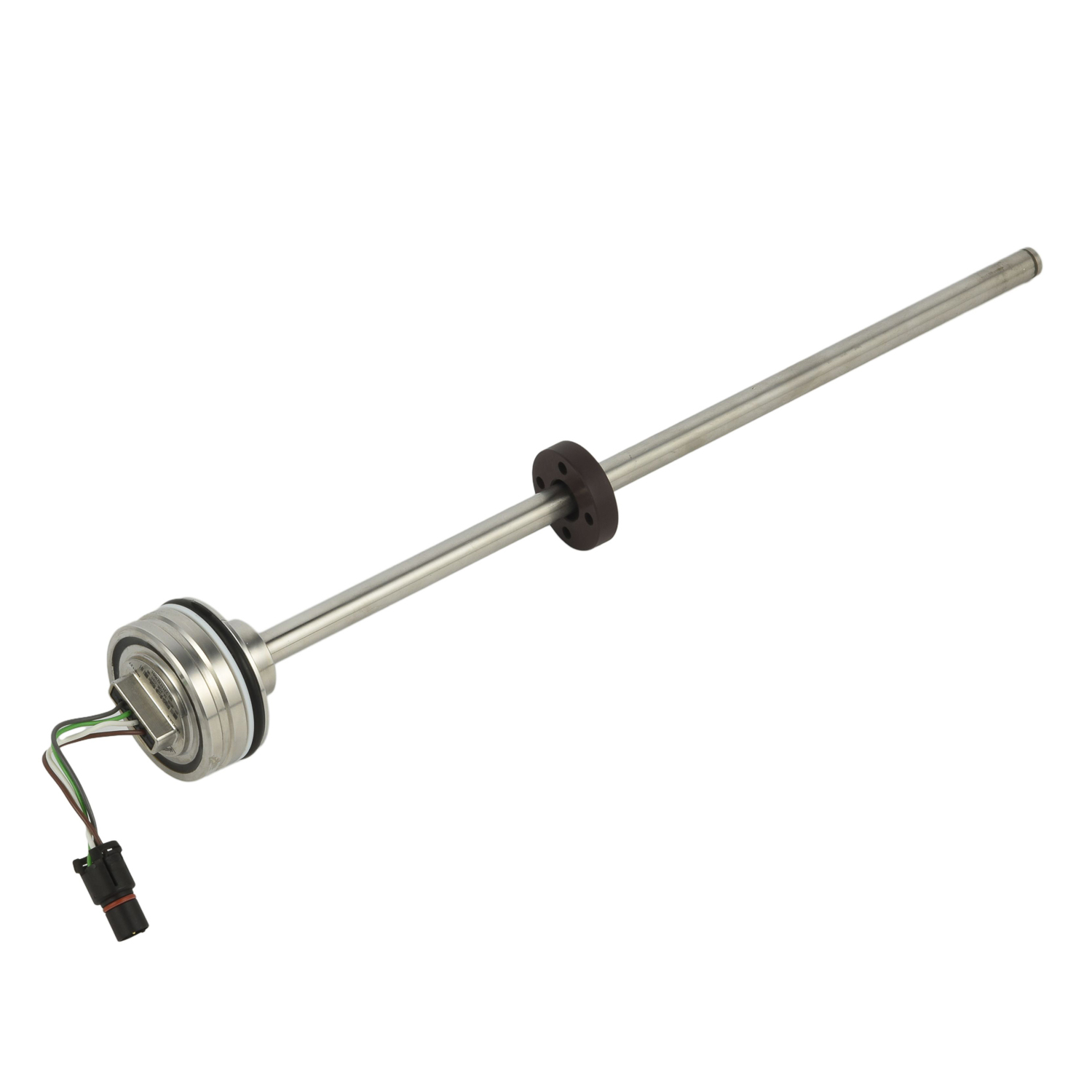
Future Trends in Industrial Level Monitoring
The evolution of cloud-synchronized magnetostrictive gauges continues with emerging technologies including AI-powered predictive analytics, blockchain-based data security, and 5G-enabled ultra-low latency communication. These advancements promise even greater automation, enhanced cybersecurity protocols, and deeper operational insights, positioning magnetostrictive technology as a cornerstone of Industry 4.0 transformation in industrial measurement and monitoring applications.
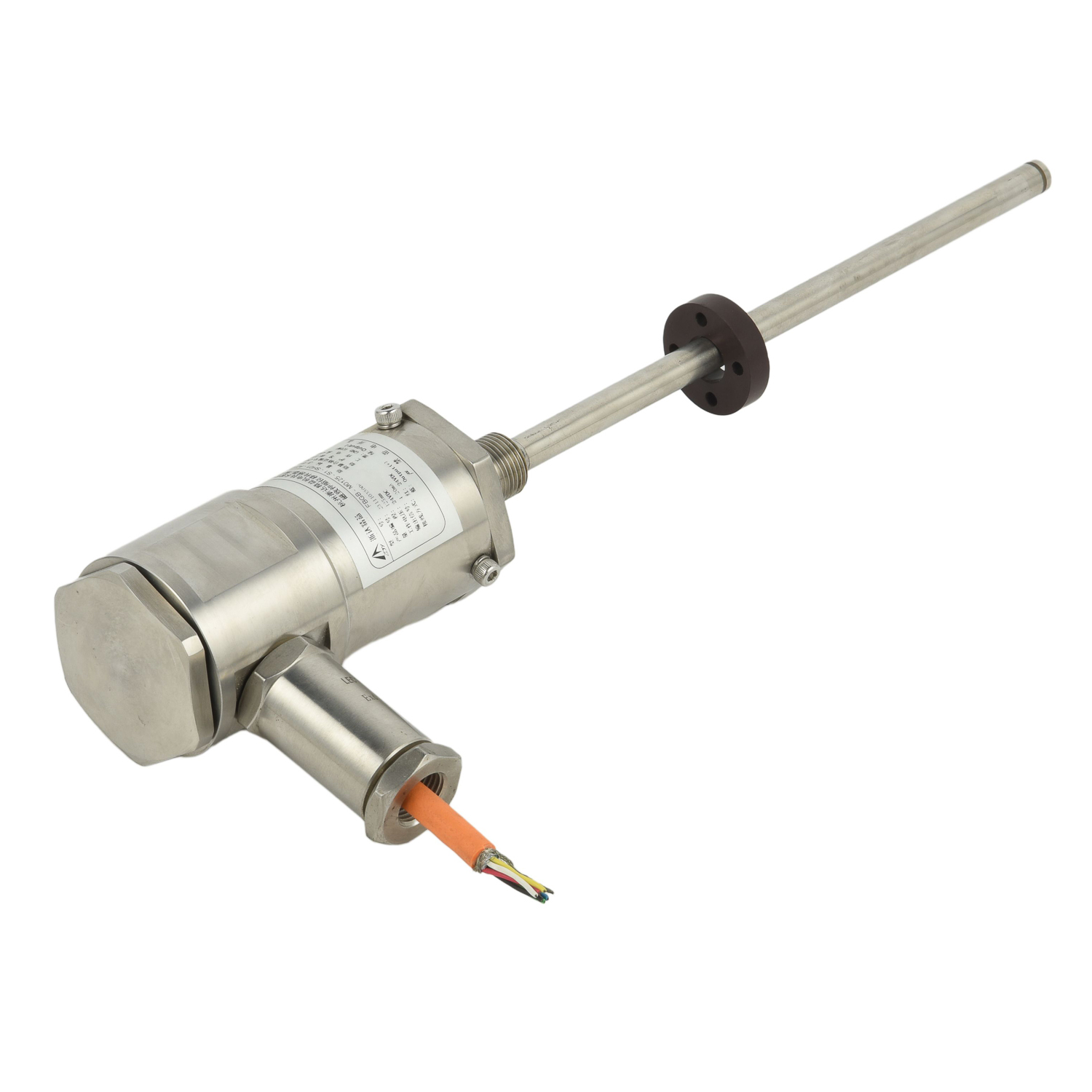 UpgradingYourLevelMeasurementS
UpgradingYourLevelMeasurementS
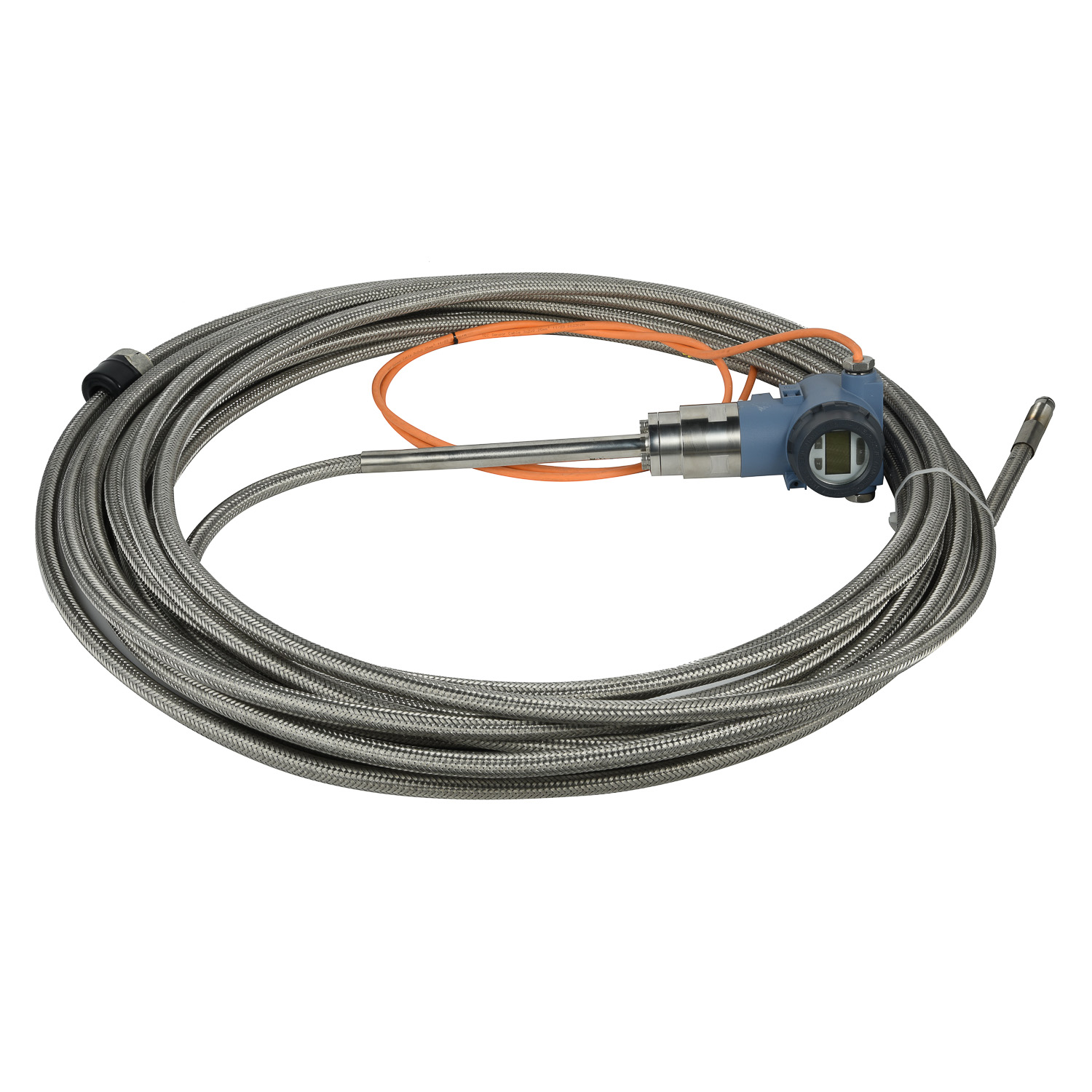 Why are magnetostrictive level
Why are magnetostrictive level
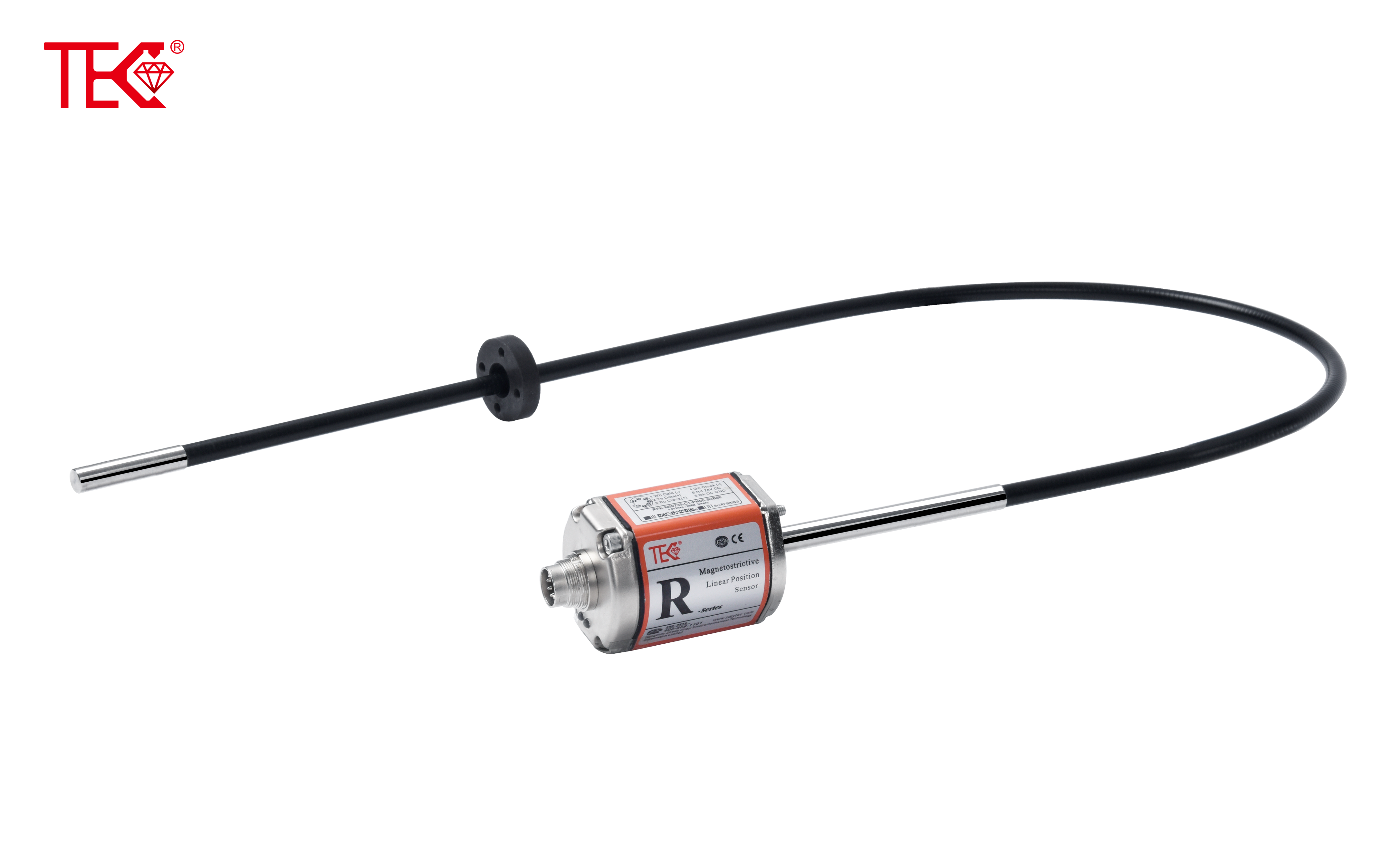 ComparingMagnetostrictiveandRa
ComparingMagnetostrictiveandRa
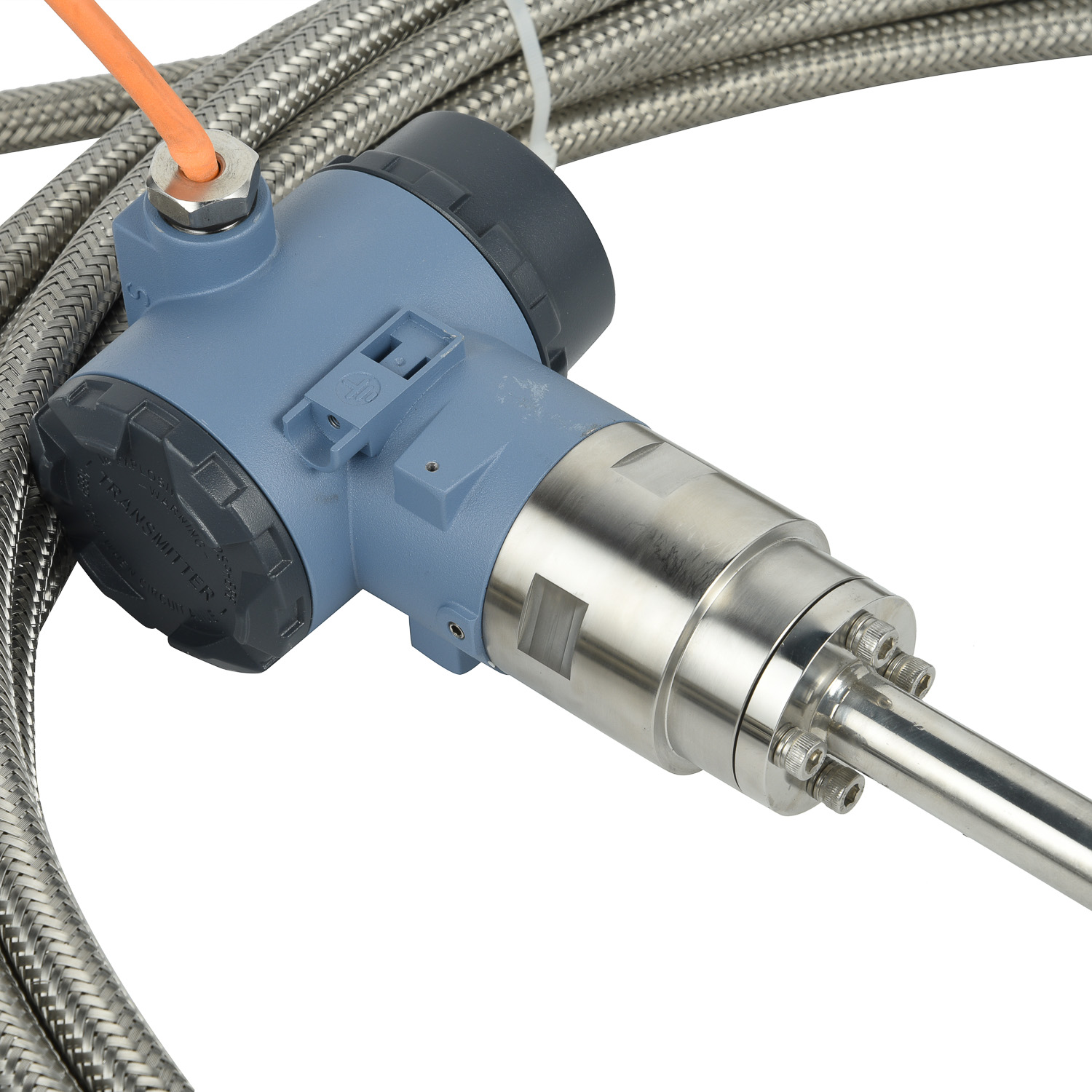 MagnetostrictiveLevelSensorfor
MagnetostrictiveLevelSensorfor
